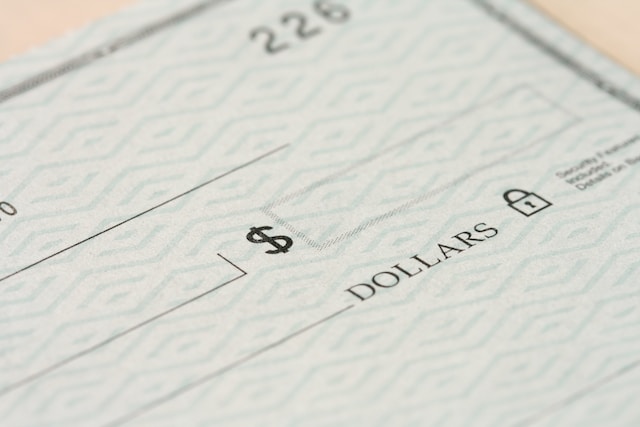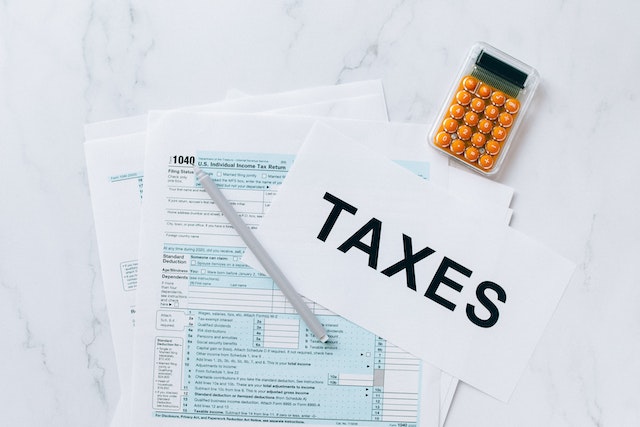
If you’ve made the difficult decision to declare bankruptcy, you understand that this stressful process can help you regain control of your finances. After a while, this process will feel like a routine, and you’ll understand what to expect. However, when you go through a change in your finances, like an increase in income, understanding how to proceed is critical, as this can impact your bankruptcy process. As such, the following blog explores what you must know if you get a raise during Chapter 13 and how a Memphis, TN Chapter 13 bankruptcy lawyer can help you during these challenging times.
What Is Chapter 13 Bankruptcy?
Generally, consumers have two options when they wish to file for bankruptcy in the United States – Chapter 7 and Chapter 13. To file for Chapter 7 bankruptcy, you must pass a means test, which essentially requires you to make less than the median income for your state. As such, many people who wish to file for bankruptcy will file for Chapter 13.
Chapter 13 involves creating a repayment plan for your assets, which will generally last three to five years. As such, you will make monthly payments based on your individual circumstances. This plan will go to repaying your creditors, and at the end of the three to five years, the remainder of your qualifying debts will be forgiven.
If I Get a Raise During Chapter 13 Bankruptcy, How Will This Impact My Repayment?
In the event you come into additional income, such as receiving a bonus at work, getting a second job, or receiving a raise from your primary job, it’s critical to understand how this can impact your plan.
Generally, you’ll find that there may be terms and conditions in your bankruptcy plan that explore how additional income will impact your payments. However, whether or not your monthly payments increase is dependent on how significant the increase is. Additionally, if your cost of living increases because of the raise in your wages, your plan may not grow.
Finally, if your repayment plan has you scheduled to completely pay back all the unsecured debts, you most likely will not face increased payments. This does not stop you from making larger payments to end this process faster, however.
What Should I Do if I Receive Additional Income?
In the event you receive any increases in income, it’s imperative to speak to an attorney. Your lawyer can report the change in income to the bankruptcy trustee assigned to your case. Failure to report this increase can lead to the dismissal of your case, barring the discharge of debts. Similarly, this may constitute fraud, meaning you can face criminal charges as a result.
Whether you’re looking to file Chapter 13 bankruptcy or you’ve recently come into additional income, it’s imperative to contact an experienced attorney from the Arnold Law Firm as soon as possible. Our dedicated legal team understands how difficult filing for bankruptcy can be. As such, we will do everything in our power to assist you through these challenging times. Contact our firm today to discuss what you must know if you’re considering filing.




